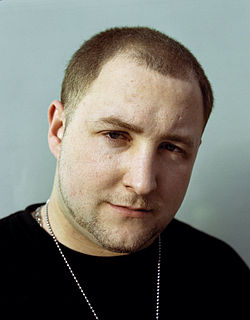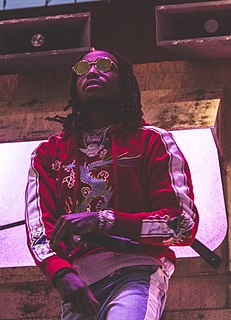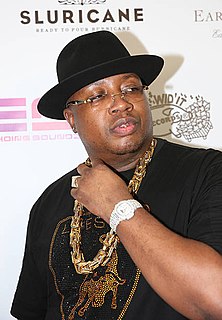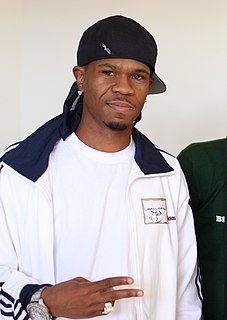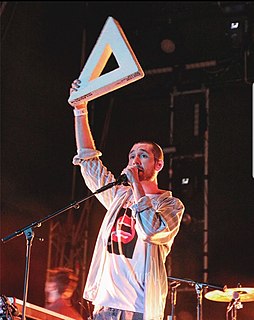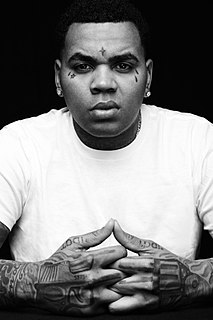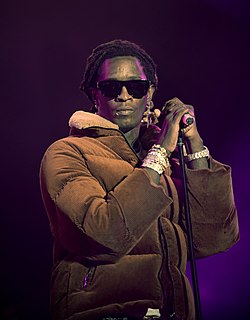A Quote by Joe Budden
Mixtapes are extremely important, especially for New York or North East artists. They allow you to be creative, to get feedback and criticism, but most of all, it gets your name out there. I would say about 90-100% of my success was down to the mixtapes.
Related Quotes
When I decided to collaborate with people, I wanted to collaborate more with the underdogs, the street people, messing with the people like Jae Millz and Papoose. When I went to New York, they were all over the mixtapes, so I wanted to get down with those guys instead of trying to go safe with all the super-big names.
As a journalist, I never critiqued anyone. I never review books. I've never felt qualified as a musician to say whether someone is a good musician or a bad musician. What happens with Black writers and Black artists is that if you're critiqued, for example, by a Black historian who wants to get his name on the cover of "The New York Times," and he says something, like, wacky, well, he'll get his name on the cover of "The New York Times" and he might get tenure, and your career suffers.

